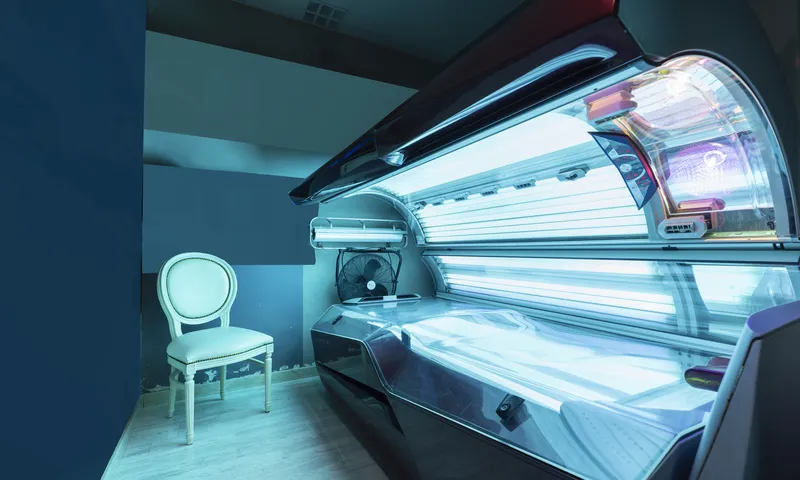Do Tanning Beds Help Depression

A good tan and some time outside in the sun can be just the cure for when you’re feeling down. As such, when it comes to managing depression, people often look for ways to lift their mood and feel better naturally. One question some ask is does tanning beds help with depression. After all, sunlight is known to boost mood by increasing vitamin D and serotonin. But can tanning beds offer the same benefits?
How Sunlight and Mood are Connected
Sunlight plays a key role in regulating our mood. Exposure to natural light helps the body produce vitamin D and serotonin, both important for mental well-being. Many people notice they feel happier and more energized on sunny days. This connection is also why light therapy is a recognized treatment for seasonal affective disorder (SAD), a type of depression that happens in winter when daylight is limited.
Tanning beds use ultraviolet (UV) light to darken the skin, mimicking sunlight exposure. Some people believe that tanning beds might help improve mood by increasing serotonin or vitamin D levels. However, tanning beds primarily emit UVA rays, which don’t stimulate vitamin D production as effectively as natural sunlight.
It’s also important to consider the emotional associations people have with tanning. For some, tanning sessions are part of a self-care routine that creates a sense of control, relaxation, or even social confidence. These psychological factors can contribute to why tanning feels uplifting.
So, Do Tanning Beds Help with Depression?
The answer is complicated. Research shows that indoor tanning can temporarily improve mood by reducing feelings of sadness or anxiety. This short-term boost happens because UV exposure can trigger the release of certain brain chemicals linked to feeling good. For some people, especially those struggling with depressive symptoms, tanning might feel like a quick fix.
However, studies also reveal an opposing side. People who use tanning beds frequently often report higher rates of depressive symptoms, anxiety, and even addictive behaviors related to tanning. In fact, for some, tanning can become a compulsive behavior where they chase that temporary mood lift despite the risks.
One study of young women who tan indoors found that tanning episodes reduced negative feelings like nervousness or irritability right after tanning, but this effect was temporary. Those with symptoms of anxiety or substance use disorders experienced different mood shifts, showing that mental health plays a big role in how tanning affects mood.
So, while tanning beds might help some people feel better briefly, relying on them regularly to manage depression can be risky. The temporary mood lift might lead to frequent tanning, which increases the risk of skin damage, addiction, and doesn’t address underlying mental health issues.
Bottom Line
Tanning beds can offer a short-term mood boost, but they are not a treatment for depression. If you’re feeling down or struggling with depression, it’s best to talk to a healthcare professional who can help you find safer, more effective ways to manage your mood. And remember, protecting your skin health matters too.
IMPORTANT NOTE: The above information is intended to increase awareness of health information and does not suggest treatment or diagnosis. This information is not a substitute for individual medical attention and should not be construed to indicate that use of the drug is safe, appropriate, or effective for you. See your health care professional for medical advice and treatment.


